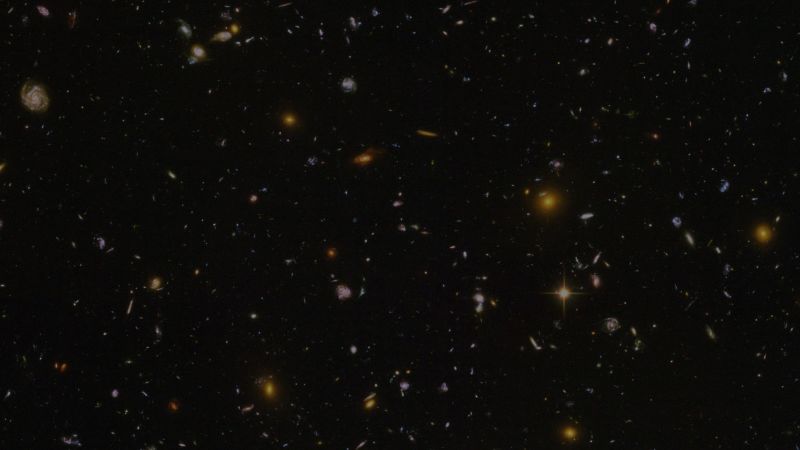
Discover the Hidden Ocean on Saturn’s Tiny Moon!
Despite Saturn’s massive size and its rings as its most identifying feature, one of Saturn’s smallest moons, Enceladus, captures the intrigue of scientists worldwide due to the possibility of its secret ocean.
Saturn’s icy moon Enceladus, with a radius of just 252 kilometers and thus ranking as one of Saturn’s smallest moons, is not as small in significance when it comes to scientific discoveries. A mere speck within the vastness of the cosmos, its expanse conceals perhaps the largest amount of water in our solar system, second only to Earth.
Shrouded under a thick frozen crust, the moon’s surface hides a secret ocean that has put it in the spotlight. As detailed through numerous scientific explorations and research, the water reservoir beneath its icy exterior is not just stagnant water; it’s an ocean that spans the entire globe, similar to the vast water bodies on Earth.
NASA’s Cassini spacecraft, the space probe that diligently surveyed Saturn and its surroundings for about 13 years, was instrumental in contributing to findings about Enceladus. During its mission from 2004 to 2017, the spacecraft probed the icy moon, revealing significant signs pointing towards an extreme possibility of a subsurface global ocean.
While studying the moon, Cassini observed water-ice jets spraying from Enceladus’ south pole. This discovery of cryovolcanism suggested the existence of a pressurized reservoir of water, which can escape into space through cracks in the ice. Various measurements and gravitational studies later confirmed the presence of a vast subsurface ocean beneath a thick but partly transparent ice cap.
But why is Enceladus and its hidden ocean of interest to the scientific community? The answer lies in life. Specifically, the possibility of life existing elsewhere in the universe. The ocean inside Enceladus is believed to be in contact with the moon’s rocky core, resulting in various chemical reactions. These reactions could form conditions similar to those on the primordial earth that might support microbial life.
Moreover, the discovery of a secret ocean on one of Saturn’s smallest moons also raises possibilities about water’s existence on other celestial bodies. For a long time, water was thought to exist mainly on Earth, but discoveries like these suggest otherwise.
In essence, the icy moon of Enceladus, despite its size, holds an ocean teeming with potential for new understandings and discoveries. This moon and its concealed ocean have already reshaped our current understanding of the cosmos, particularly about where life may reside. Going forward, these discoveries and hypotheses about Enceladus, Saturn’s smallest moon, will continue to incite curiosity, paving the path for more expansive space exploration in the future.
